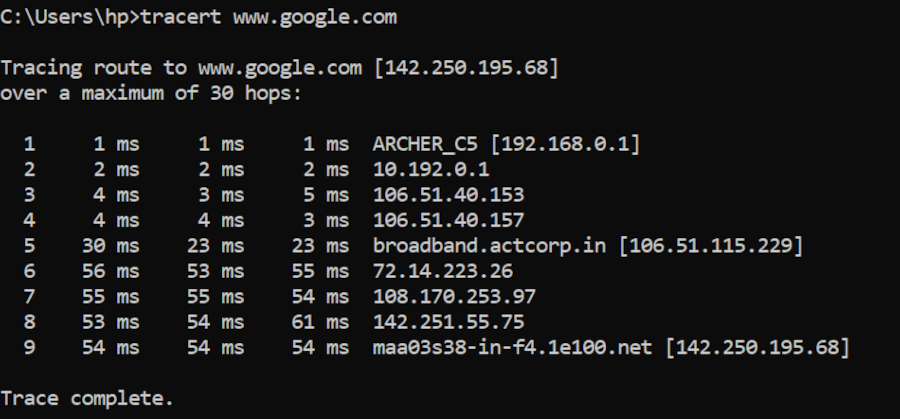This is the latest in our Ask Informatics digital explainer series.
The speed of your website determines a lot of your success online. If it doesn’t load fast enough, potential customers will move on to your competitors. If it really slows down, your SEO will suffer, and you’ll struggle to get found in the first place.
There are lot of factors that go into your website’s overall speed, but one of the biggest ones relates to how your content is stored and served. A Content Delivery Network, or CDN, can help do it faster, more efficiently, and more securely. Here’s how.
What is a CDN and how does it work?
To understand how a CDN works, you need to understand a little about how websites are delivered.
When you type a website URL into your browser, your request is first sent to your internet service provider, or ISP. They then pass your request on through other networks en-route to the final server, where a digital handshake (hopefully) occurs. That confirmation is then sent back through various networks and routers to your computer. If your connection with the website's server is successful, your computer will begin downloading the website's assets so you can actually use it.
If you’ve never seen this in action, you can experience it by using your computer's Traceroute command, which details the time in milliseconds it takes to reach each router on the way to your final destination server. Here's an example from Geeks to Geeks:

Many websites are still hosted on a single server in a single location. By contrast, a CDN places cached copies of your website and data on multiple, geographically distributed servers, so that users get access to the version located on the server closest to them. CDNs also leverage data optimization techniques like minimization and file compression to help them deliver web content faster.
To understand how this can accelerate your experience, let's put it in terms of online shopping. Imagine you live in Los Angeles and order a product. Instead of the retailer shipping your order from its main warehouse in New York, it automatically ships it from one of the company’s satellite distribution centers around the country—say, from Phoenix, Arizona. You get a faster order and a seamless buying experience, while the company gets flexibility to serve customers. That’s the idea with a CDN, just with bits and bytes.
This architecture allows CDNs to shave milliseconds to seconds of web load time. That may not sound like much, but it adds up when you consider all of the elements on your website, from text to images to video.
Does having a CDN impact my SEO?
Yes and no. Google does not boost its ranking of sites using CDN networks, nor does it assess any sort of ranking penalty to sites without one. Instead, it rewards the performance of a website and the user experience it delivers, with page load speed being one of those primary metrics, especially on mobile.
Google itself says that sites should strive to load the largest image or text block on a page—what it calls Largest Contentful Paint—within 2.5 seconds, but web developers and SEO experts today will tell you that’s still too long. Most website hosts will aim for complete page delivery in under 2 seconds, and even less for high-traffic e-commerce and news sites. CDNs are playing a major role in making this possible.
By delivering content faster, you can improve your technical SEO profile and, over time, outrank your competitors. You can find information about your website's speed and user experience as part of Google's Core Web Vitals, available in your Search Console.
Do I really need a CDN for my website?
CDNs offer a number of technical benefits, including improved security and automatic scaling, which is why we believe they should be a part of just about any managed hosting strategy—but there are some specific scenarios where a CDN is absolutely critical for a great web experience. Those include:
- High-traffic websites, or those expecting a surge in visits (such as for a sale or event)
- Websites with rich, big visuals and media that need help loading them efficiently
- Brands targeting an international audience, where server proximity can be a real challenge
The good news is, because CDNs are served through the cloud—here at Informatics, we use Amazon CloudFront to administer them—they can be launched and scaled up quickly. Cloud technology has also made it a more affordable option for websites, making it less of a nice feature and more of a must-have for modern websites.
If you need help understanding your website’s speed or want to explore how a CDN could accelerate your web experience, reach out to our web experts for a consultation.
Ready to accelerate your website?
Our digital experts can get you started with a Content Delivery Network without the stress.

